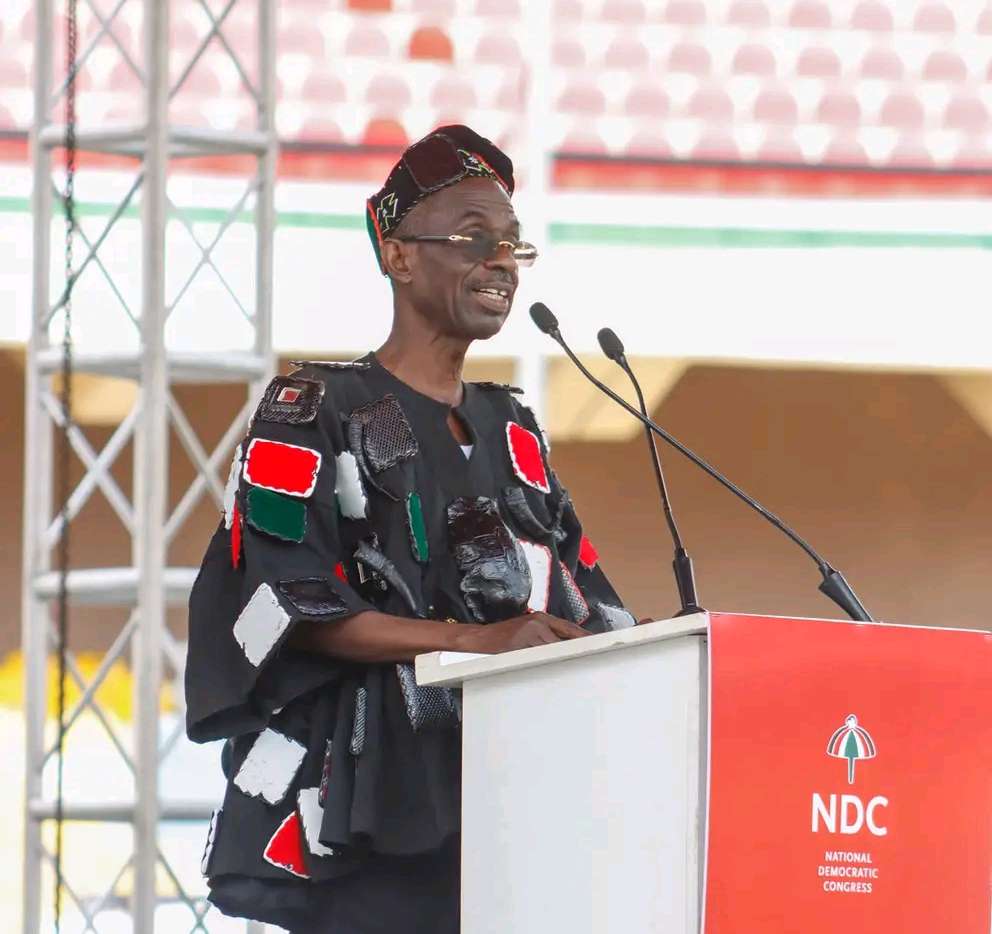Russian state-controlled TV has embarked on an apparent campaign to discredit Wagner chief Yevgeny Prigozhin in the wake of his failed mutiny in late June.
Key channels showed what they said were images taken during searches at his opulent home outside St Petersburg, arguing that his riches reflected very badly on him.
They also recalled his criminal past and suggested that he was driven by greed, but failed to mention Prigozhin’s persistent and often crude criticism of Russia’s military and of how it pursues the war in Ukraine.
This is the first time that the state media machine’s reporting of Prigozhin has been so prolific, so personal and so full of damaging details about his biography.
Until recently, Russian TV would portray a positive image of the Wagner mercenary group, which has fought alongside the Russian military during its invasion of Ukraine.
Photos said to be from inside Prigozhin’s house appeared on state-run network Rossiya 1 on 5 July.
“Let’s have a look how this fighter for the truth lived, someone who has two criminal convictions and who kept claiming that everyone else was a thief,” said a commentator on 60 Minutes, a talk show.
“Let’s have a look at the palace built for this campaigner against corruption and crime,” Eduard Petrov said sarcastically.
The footage showed piles of cash, various weapons, the house’s opulent interiors and vast gardens – complete with a parked helicopter, an assortment of wigs and apparently fake passports issued to Prigozhin in different names.
Later, similar footage was shown as part of the channel’s main evening news bulletin, one of the most popular in Russia. It also featured ingots of gold and “suspicious packets of white powder”, which Rossiya 1 suggested could be an illegal drug.
It also dwelt at length on Prigozhin’s criminal past.
He received his first criminal conviction in 1979, aged just 18, and got a suspended two-and-a-half year sentence for theft. Two years later, he was sentenced to 13 years in jail for robbery and theft, nine of which he served behind bars.
“They say that it is the experience and connections he received from crime lords behind bars which helped him walk the path from a hot dog seller to an authoritative master of cauldrons and pans,” Rossiya 1’s correspondent quipped, referring to Prigozhin’s past role as a caterer for the Kremlin.
This role also earned him the nickname “Kremlin’s chef”.
One of the photos shown by Russian state TV showed a sledgehammer with the inscription “Use in case of important negotiations”. This appears to be a reference to the brutal killing with a sledgehammer of a man Wagner accused of betrayal in November 2022.
On the same evening, state TV’s Channel One suggested that Yevgeny Prigozhin was linked to Western intelligence, which was now “too shy” to admit involvement in his apparent mutiny.
NTV, one of Russia’s three most-watched television stations, argued that he was driven by greed and criminal past.
“What happened has obvious roots in his personality, business interests and his crime-ridden past,” it said. As for Prigozhin’s alleged riches, “fighting for truth costs a lot of money”, NTV quipped.
Until several months after the start of Russia’s full-scale war on Ukraine, officials, media and Prigozhin’s own press service denied Wagner existed.
For a period of time afterwards, state TV celebrated Wagner’s involvement in the “special military operation” in Ukraine.
Mentions of Wagner had all but disappeared from state media by the time Prigozhin embarked on his “march for justice”, vowing to punish Russian military commanders whom he accused of incompetence.
Prigozhin himself, who has fallen almost completely silent on social media after his apparent mutiny, has not commented on the images.
But one channel linked to Wagner argued that it was not unusual for a businessman as wealthy as Prigozhin to own an expensive home: “What’s the wow factor here, then?” it asked.
After previously denying there were any links between Wagner and the state, President Vladimir Putin – speaking shortly after Prigozhin’s mutiny failed – said the state fully funded the military company, spending an equivalent of about $1bn (£787m) on it in May 2022 to May 2023 alone.








































